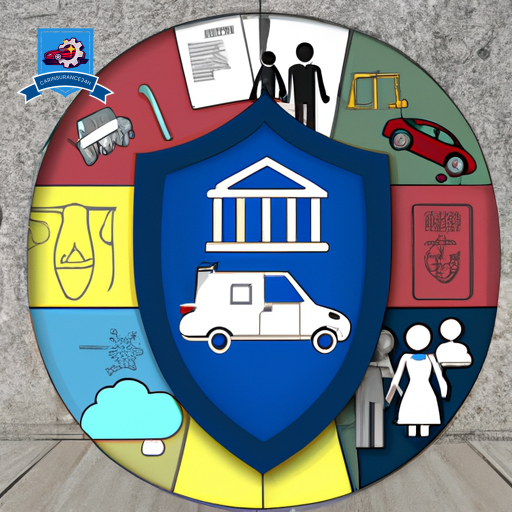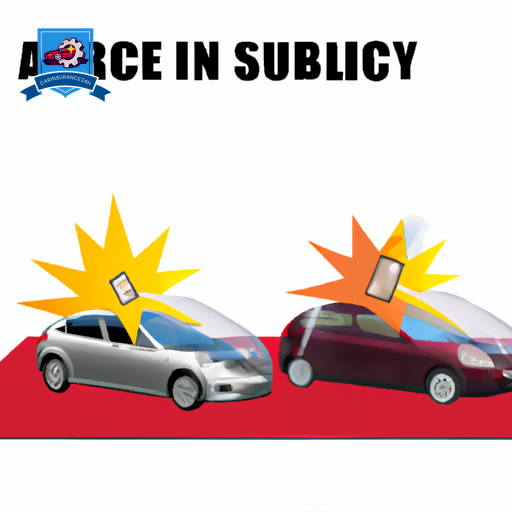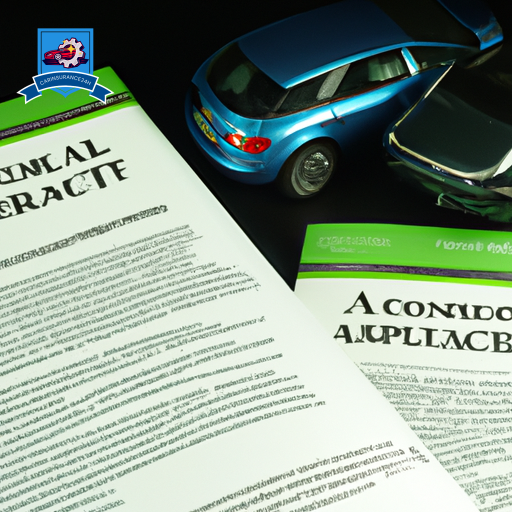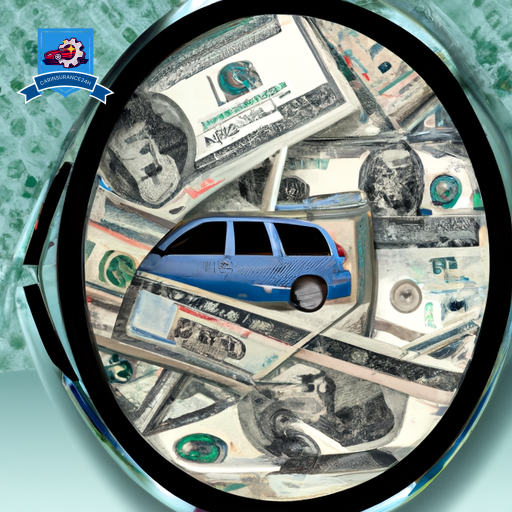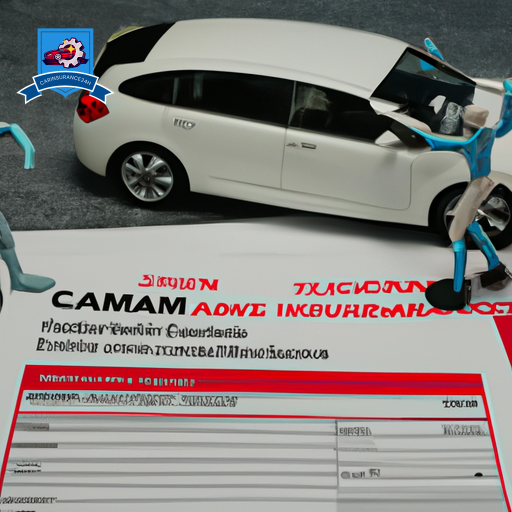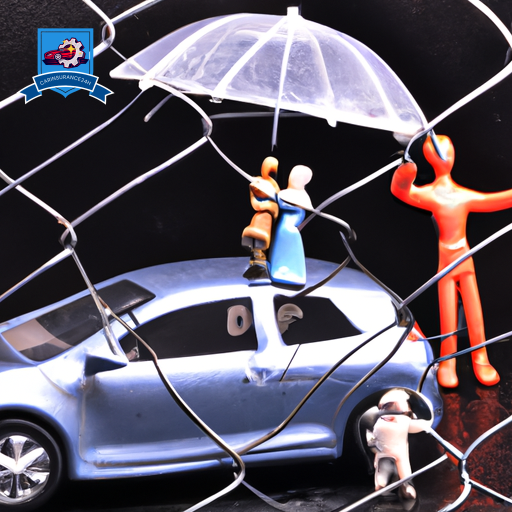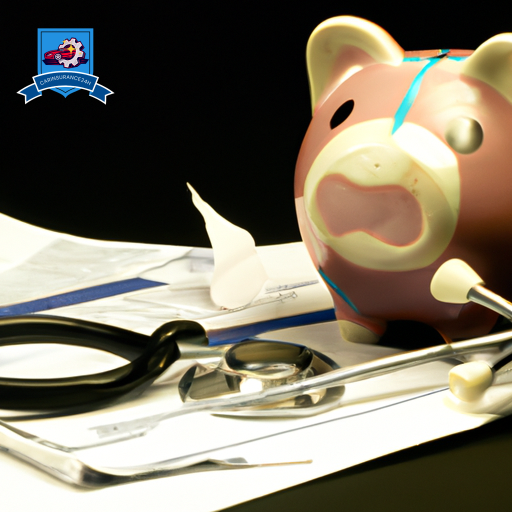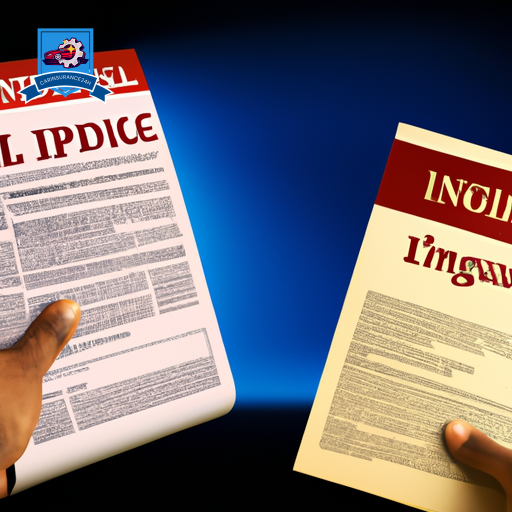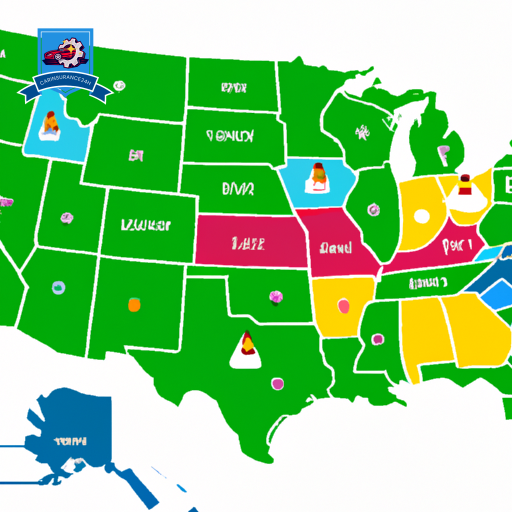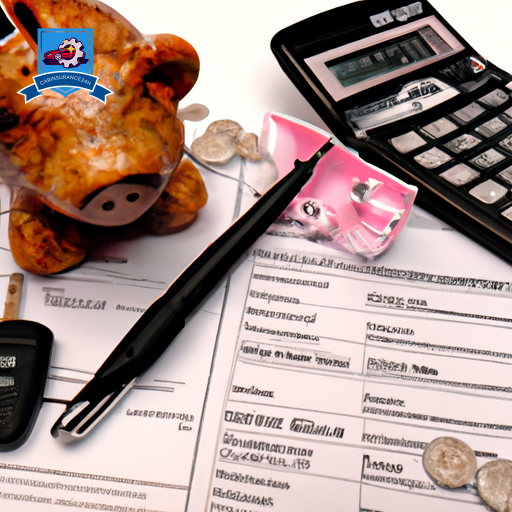In the aftermath of a car accident, Personal Injury Protection (PIP) emerges as a pivotal element of auto insurance, designed to cover various financial burdens that the injured party might face. This form of coverage typically includes medical expenses, lost wages, rehabilitation costs, and, in unfortunate instances, funeral expenses and survivor benefits.
However, the extent and nature of what PIP covers can vary highly between different jurisdictions and insurance policies, creating a complex landscape for policyholders to navigate. Understanding the nuances of PIP could be critical in ensuring all-encompassing protection, thereby prompting a closer examination of its components and limitations.
Medical Expenses Coverage

Personal Injury Protection typically covers the medical expenses incurred as a result of injuries sustained in a car accident. This particular aspect of auto insurance plays a pivotal role in ensuring that individuals receive the necessary medical attention without the immediate concern of financial burden. The coverage encompasses a broad spectrum of medical costs, including but not limited to, hospitalization, surgery, rehabilitation services, and necessary medications. It is designed to facilitate prompt medical treatment by covering expenses up to the policy’s limit, thereby mitigating long-term health complications that might arise from delayed care.
Deductible options and coverage limits are critical components within the structure of Personal Injury Protection. Deductibles represent the amount the insured must pay out of pocket before the insurance coverage begins to contribute to the incurred medical expenses. This feature allows policyholders to customize their plans according to their financial capacity and risk preference. Lower deductibles generally result in higher premium costs but offer greater immediate financial relief in the event of an accident. Conversely, higher deductibles reduce the premium but increase the policyholder’s initial financial responsibility after an accident.
Coverage limits define the maximum amount the insurance policy will pay for covered medical expenses. These limits are predetermined in the policy agreement and can vary significantly among providers and plans. It is imperative for individuals to carefully assess their personal needs and potential risks when selecting their coverage limits. Opting for higher limits increases the breadth of protection but also influences the policy’s cost. Understanding the balance between deductible options and coverage limits is essential in crafting a Personal Injury Protection plan that adequately safeguards against the unforeseen expenses of car accident injuries.
Lost Wages Benefits
Beyond covering medical expenses, Personal Injury Protection also extends to compensating for lost wages, guaranteeing that individuals can maintain financial stability while recovering from injuries sustained in a car accident. This critical component of Personal Injury Protection recognizes the economic impact that time away from work can have on an individual and their family. Specifically, it aims to mitigate the financial strain caused by an inability to earn an income due to accident-related injuries.
Lost wages benefits under Personal Injury Protection are designed to provide a safety net for those who find themselves unable to perform their work duties. This coverage typically compensates a percentage of the injured party’s regular income, thereby providing essential financial support during a period of convalescence. The exact percentage and terms of compensation can vary depending on the policy specifics, but the underlying goal remains to ensure that individuals are not left financially destitute due to temporary disability.
Moreover, this aspect of Personal Injury Protection aligns with the broader concept of workplace compensation and employment benefits, albeit in the context of automotive insurance. It acknowledges the interconnectedness of employment and overall financial well-being, offering a buffer that helps maintain an individual’s standard of living. By doing so, Personal Injury Protection facilitates a smoother recovery process, free from the added stress of financial insecurity.
Rehabilitation Costs
Rehabilitation costs, a crucial aspect of recovery, are extensively covered under Personal Injury Protection, guaranteeing victims receive the necessary treatments to regain their health and functionality after a car accident. This facet of coverage is essential, providing financial support for a range of rehabilitative services that form the cornerstone of the post-accident healing process. By incorporating thorough rehabilitation cost coverage, Personal Injury Protection plays a pivotal role in facilitating a victim’s journey back to normalcy, underscoring the importance of such policies in the aftermath of automotive mishaps.
The scope of rehabilitation costs covered under Personal Injury Protection is broad, designed to address the multifaceted needs of accident victims. These services often include, but are not limited to:
- Physical therapy: Sessions with a licensed physical therapist to help restore movement and function, reduce pain, and prevent further injury.
- Occupational therapy: Assistance in regaining the ability to perform daily activities and work-related tasks, tailored to the individual’s specific needs and condition.
- Specialized recovery programs: Customized programs that may involve a combination of treatments, including speech therapy, psychological counseling, and other modalities aimed at thorough recuperation.
Personal Injury Protection ensures that victims do not bear the financial burden of their rehabilitation alone, allowing them to focus on their recovery without the added stress of mounting medical bills. By covering a wide range of rehabilitation costs, this type of protection underscores the importance of a holistic approach to healing, recognizing that recovery extends beyond immediate medical treatment to encompass the full spectrum of regaining one’s pre-accident health and capabilities.
Funeral Expenses Support
Understanding the all-encompassing nature of Personal Injury Protection, it also extends support to cover funeral expenses following a fatal car accident. This essential aspect of coverage offers solace to families during a profoundly difficult time, ensuring that financial strain does not compound the emotional turmoil experienced in the wake of loss. Personal Injury Protection recognizes the necessity of addressing immediate financial concerns associated with funerals, including but not limited to, the costs of burial or cremation, memorial services, and associated logistical expenses.
Additionally, the inclusion of funeral expenses within Personal Injury Protection policies underscores the importance of thorough estate planning. It serves as a reminder for individuals to consider all aspects of financial preparedness, including those that are often overlooked or postponed. By covering these expenses, Personal Injury Protection alleviates some of the burdens on the deceased’s estate, facilitating a smoother shift during the estate settlement process.
In addition to financial support for funeral expenses, Personal Injury Protection may offer resources for grief counseling. This acknowledges the profound impact that a sudden loss can have on survivors and the critical need for professional support during the grieving process. Grief counseling services, covered under Personal Injury Protection, aim to provide emotional and psychological support to help families navigate their bereavement.
Survivor Benefits
Personal Injury Protection extends its coverage to include survivor benefits, offering financial assistance and support to the dependents of the deceased victim following a fatal car accident. These benefits serve as a financial safeguard, helping the surviving family members manage the immediate economic impact and long-term financial challenges that can arise from such a loss. Survivor benefits are designed not only to compensate for the financial void left by the deceased but also to provide a measure of security during a profoundly difficult time.
Survivor benefits encompass a range of financial aids, including but not limited to:
- Loss of income support: This provision helps compensate for the earnings that the deceased would have contributed to the household, ensuring that the family’s financial stability is maintained.
- Estate planning services: Recognizing the complexity of estate matters, survivor benefits often cover the costs associated with estate planning. This support can include legal fees for will preparation, probate proceedings, and other necessary legal services, thereby easing the burden on the family during a period of grief.
- Grief counseling services: Acknowledging the emotional toll of losing a loved one, personal injury protection may cover expenses related to grief counseling. This provision supports the mental well-being of survivors, offering them access to professional counseling services.
Frequently Asked Questions
How Does Personal Injury Protection (Pip) Coverage Differ From Bodily Injury Liability Coverage in a Car Insurance Policy?
Personal Injury Protection (PIP) coverage primarily covers medical expenses and lost wages for the policyholder, irrespective of fault, with specific coverage limits and associated premium costs. In contrast, bodily injury liability coverage addresses claims from other parties injured.
Can Personal Injury Protection Coverage Be Used if the Policyholder Is at Fault for the Car Accident?
Yes, Personal Injury Protection (PIP) coverage can be utilized regardless of fault determination in a car accident. This guarantees that medical expenses and lost wages are covered, potentially affecting insurance premiums due to claims filed.
Are Passengers in the Policyholder’s Vehicle Covered Under Personal Injury Protection in the Event of an Accident?
Passengers in the policyholder’s vehicle are generally covered under personal injury protection in the event of an accident, subject to the specific policy’s coverage limits. This guarantees that passenger rights are adequately protected.
How Does PIP Coverage Apply to Incidents That Occur When the Policyholder Is Not Driving, Such as Being a Pedestrian or Bicyclist?
Personal Injury Protection (PIP) coverage miraculously extends its protective arms to incidents involving the policyholder as a pedestrian or bicyclist, ensuring safety amidst the chaos of urban traffic, in strict adherence to pedestrian safety and bicycle laws.
What Are the Steps to File a PIP Claim, and What Documentation Is Typically Required by Insurance Providers?
To file a PIP claim, promptly notify your insurer, adhering to claim deadlines, and submit required documentation, including medical records and proof of lost wages, within coverage limits. Consult your policy for specific steps and documentation needed.

